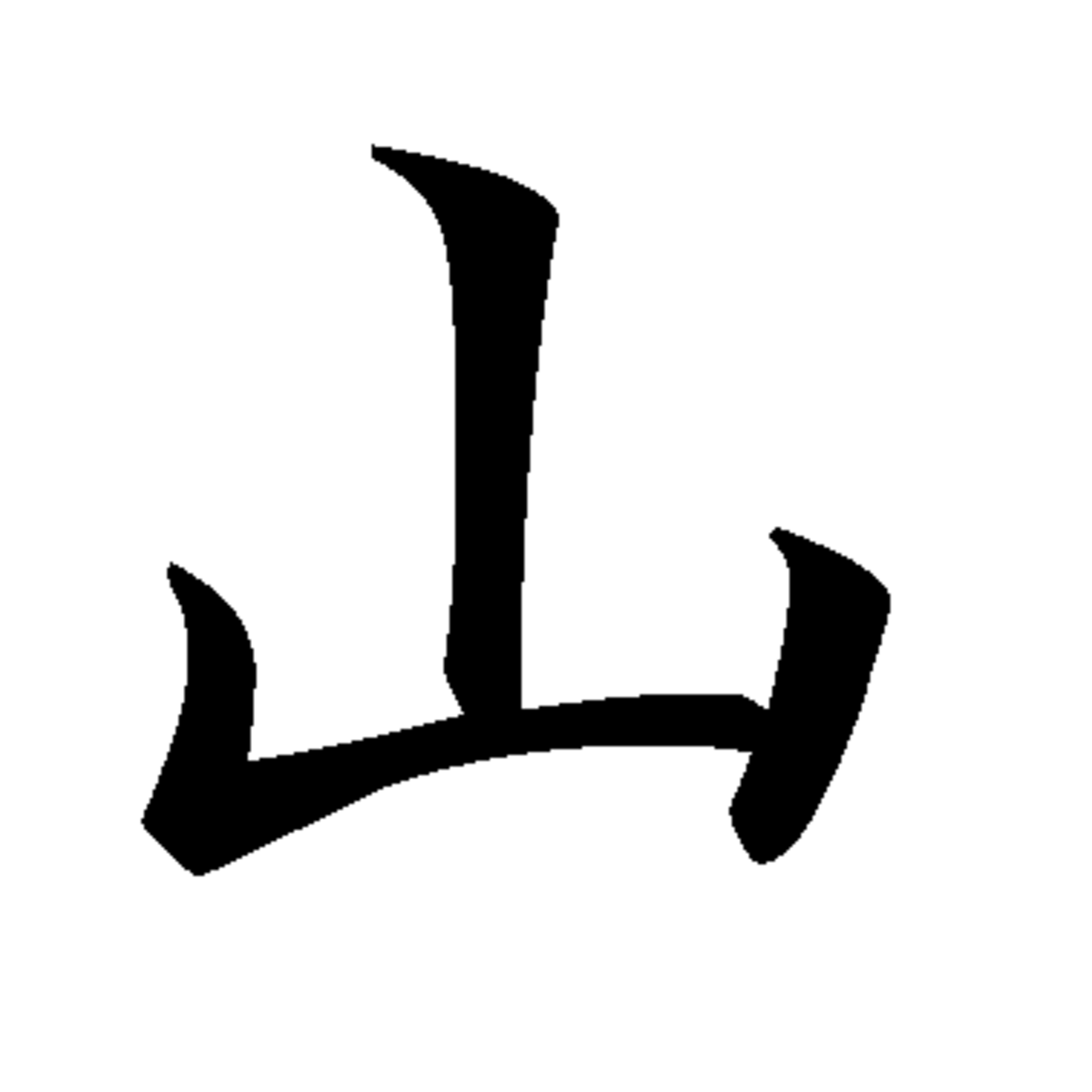Arabic Grammar: Singular Human/Non-Human Nouns & Gender
Human & Non-Human Nouns + Gender
There are two important ground rules to remember about nouns in the Arabic language:
- Nouns and adjectives in Arabic always carry gender. Therefore, it is necessary that you pay attention to the gender of a noun because anything referring back to that noun (adjectives, pronouns, verbs, etc) MUST AGREE in gender.
- Arabic distinguishes between two kinds of nouns:
- human nouns, which are referred to as عاقل, meaning "rational." English equivalents would be words like teacher, student, doctor, etc.
- non-human nouns, which are referred to as غير عاقل, meaning "non-rational." English equivalents would be words like car, notebook, house, etc.
Note about Feminine Gender:
The symbol, taa marbuuTa ة, which may appear at the end of singular nouns and adjectives, is almost indicative of the feminine gender.
Human Nouns: عاقل
The gender of عاقل nouns is determined by the gender of the person being discussed.
- A male teacher: أستاذ
- A female teacher: استاذة
- A male studentL طالب
- A female student: طالبة
An important exception: A noun which indicates a groups of humans, such as the word family (اسرة) is NON-HUMAN. This is because the word itself represents a collective idea, and not an individual human or humans.
Non-Human Nouns: غير عاقل
The gender of غير عاقل nouns NEVER CHANGES:
- A notebook: دفتر – this is a masculine (مُذَكَّر ) noun
- A car: سيارة - this is a feminine (مُؤَنَّث ) noun
Therefore, while the gender of the word teacher will vary depending on whether you are talking about a female teacher (ستاذة) or male teacher (استاذ), the gender of non-human nouns will never change.
He/She/It
There are no neutral, non-gender words in Arabic; every noun, adjective and verb carries a gender: masculine (مُذَكَّر) or feminine (مُؤَنَّث).
Therefore this is also true of pronouns. There is no non-gender word "it" in Arabic, but only "he" or "she." Therefore:
- if you are using a pronoun to refer to a masculine singular noun, you would use the masculine pronoun هو.
- if you are using a pronoun to refer to a female singular noun, you would use the feminine pronoun هي.





